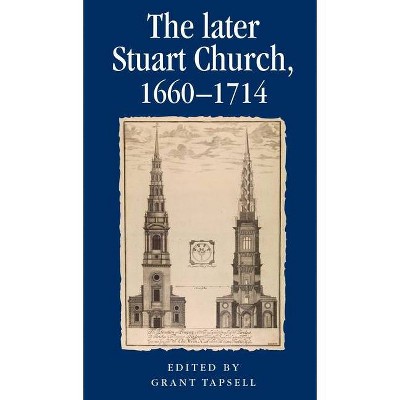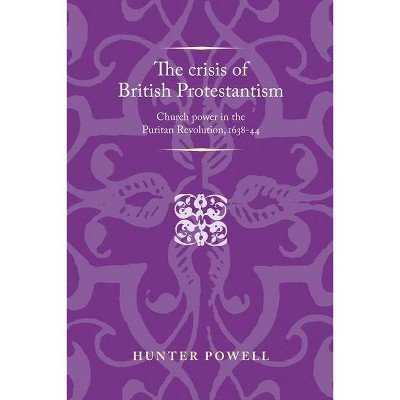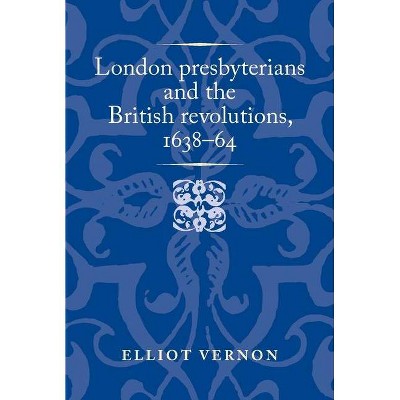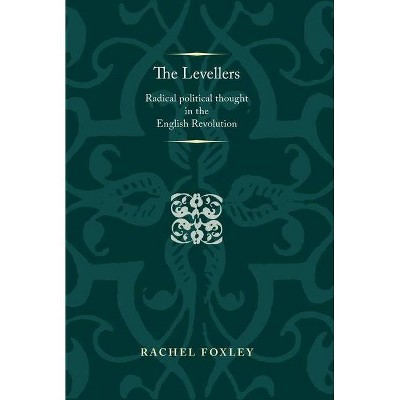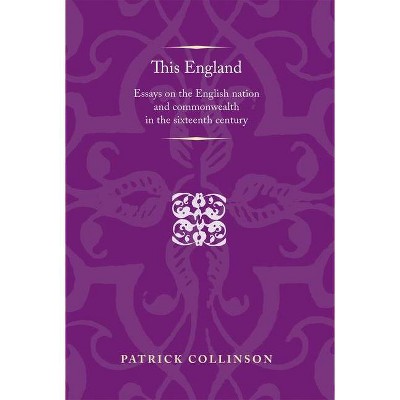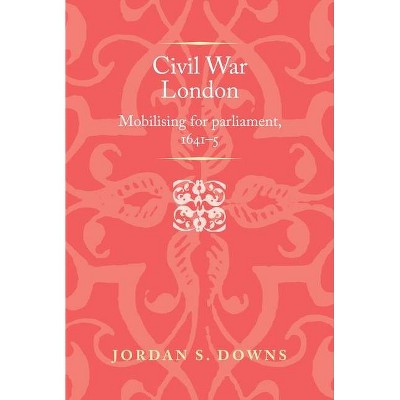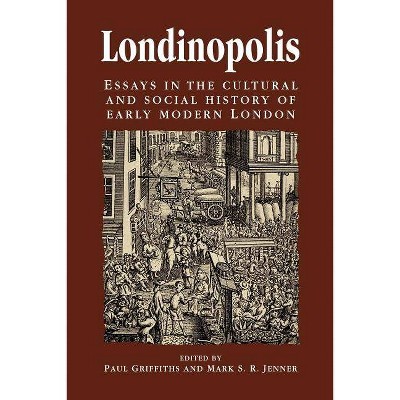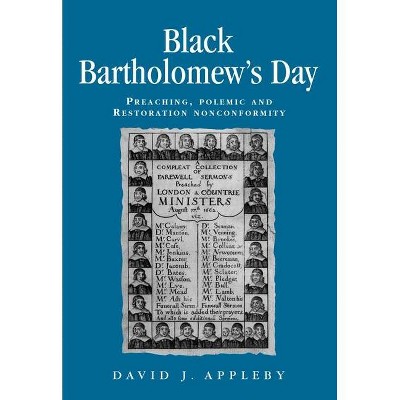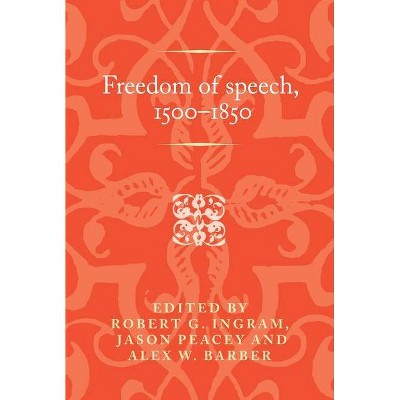Church polity and politics in the British Atlantic world, c. 1635-66 - (Politics, Culture and Society in Early Modern Britain) (Hardcover)
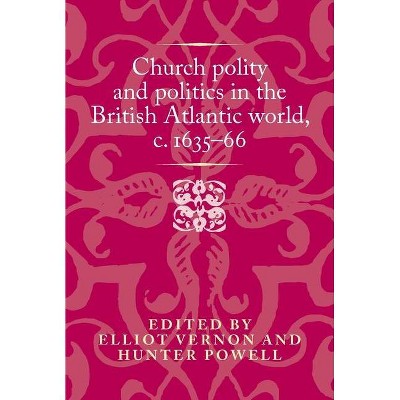
Similar Products
Products of same category from the store
AllProduct info
<p/><br></br><p><b> About the Book </b></p></br></br>This volume explores church polity and its relationship to politics in the British Atlantic world during the mid-seventeenth century. It addresses the conflicts between church and state, the ecclesial factions of episcopalianism, presbyterianism and congregationalism and the effects of these conflicts at the level of nations and localities.<p/><br></br><p><b> Book Synopsis </b></p></br></br><p><em>Church polity and politics in the British Atlantic world </em>addresses how mid-seventeenth-century debates on the government and order of the Church related to the political crisis of the era from a transatlantic perspective.<br /> <br /> The volume explores arguments concerning the relationship between church, state and people, the nature of the various post-Reformation settlements in the British Atlantic and how they influenced each other, as well as central and local responses to ecclesiastical upheaval. It is one of the first collections of scholarly essays to focus on the topic of church polity and its relation to politics during a critical period of transatlantic history. Chapters cover the internal and factional debates over episcopacy, Presbyterianism, congregationalism and Erastianism. The volume also explores local dimensions of the crisis in the post-Reformation British Atlantic, with separate chapters looking at Wales, the north-west of England, Scotland and the Massachusetts Bay colony.<br /> <br /> <em>Church polity and politics in the British Atlantic </em>world will be of interest to scholars and students of the British revolutions as well as those interested in the history and theology of the Church and of the early dissenting traditions. The book's wide range of topics will also appeal to readers interested in early modern history as well as the historical theology of early modern Protestantism.</p><p/><br></br><p><b> From the Back Cover </b></p></br></br><i>Church polity and politics in the British Atlantic world </i>addresses how mid-seventeenth-century debates on the government and order of the Church related to the political crisis of the era from a transatlantic perspective. The volume explores arguments concerning the relationship between church, state and people, the nature of the various post-Reformation settlements in the British Atlantic and how they influenced each other, as well as central and local responses to ecclesiastical upheaval. It is one of the first collections of scholarly essays to focus on the topic of church polity and its relation to politics during a critical period of transatlantic history. Chapters cover the internal and factional debates over episcopacy, Presbyterianism, congregationalism and Erastianism. The volume also explores local dimensions of the crisis in the post-Reformation British Atlantic, with separate chapters looking at Wales, the north-west of England, Scotland and the Massachusetts Bay colony. <i>Church polity and politics in the British Atlantic </i>world will be of interest to scholars and students of the British revolutions as well as those interested in the history and theology of the Church and of the early dissenting traditions. The book's wide range of topics will also appeal to readers interested in early modern history as well as the historical theology of early modern Protestantism.<p/><br></br><p><b> About the Author </b></p></br></br>Elliot Vernon is a barrister and has published a number of articles on topics relating to mid-seventeenth-century history Hunter Powell is Research Fellow at the Clements Center for National Security at the University of Texas, Austin and has also worked as lecturer in history at the University of Texas
Price History
Price Archive shows prices from various stores, lets you see history and find the cheapest. There is no actual sale on the website. For all support, inquiry and suggestion messagescommunication@pricearchive.us
